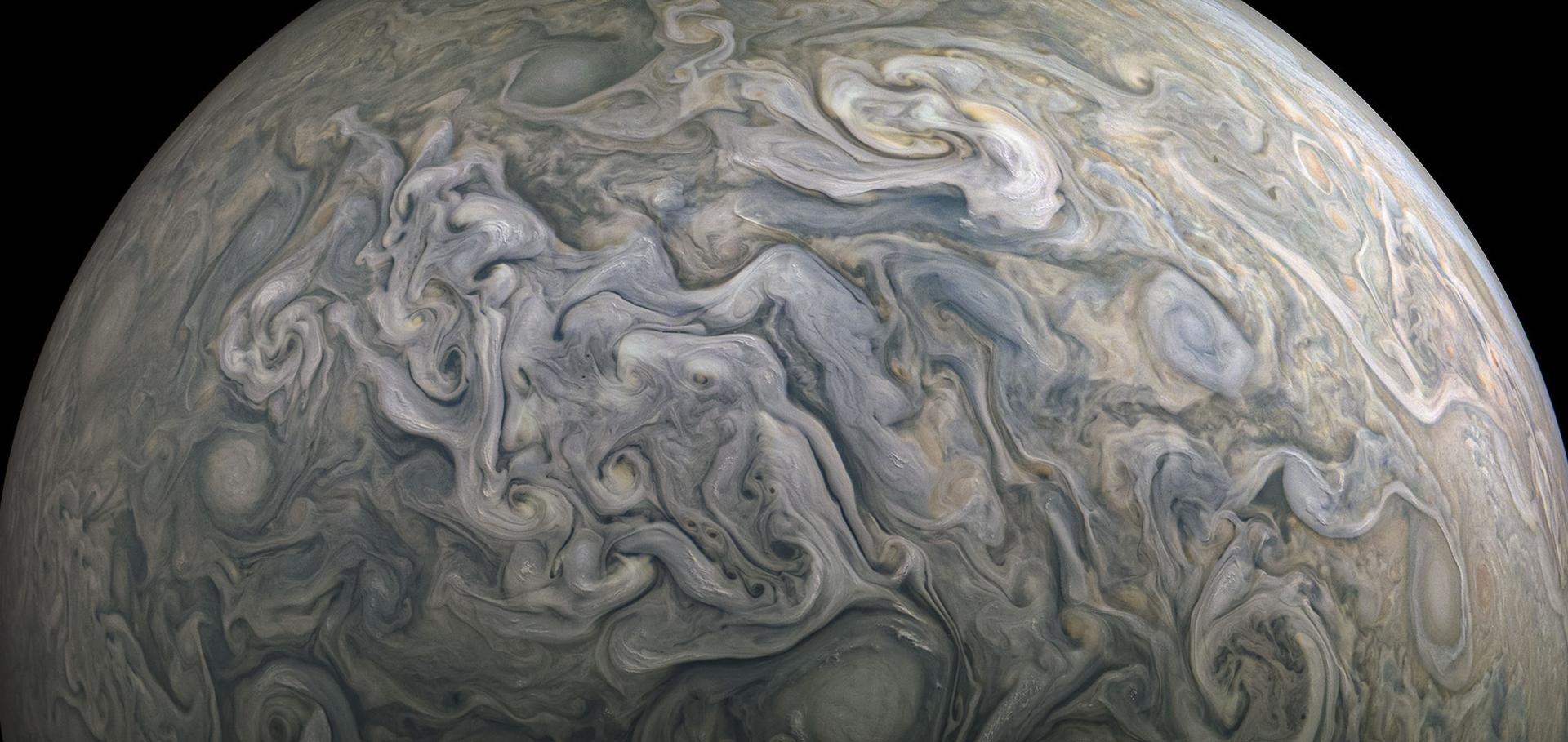On the use of programmable hardware and reduced numerical precision in earth-system modeling
Journal of Advances in Modeling Earth Systems American Geophysical Union 7:3 (2015) 1393-1408
Abstract:
Programmable hardware, in particular Field Programmable Gate Arrays (FPGAs), promises a significant increase in computational performance for simulations in geophysical fluid dynamics compared with CPUs of similar power consumption. FPGAs allow adjusting the representation of floating-point numbers to specific application needs. We analyze the performance-precision trade-off on FPGA hardware for the two-scale Lorenz '95 model. We scale the size of this toy model to that of a high-performance computing application in order to make meaningful performance tests. We identify the minimal level of precision at which changes in model results are not significant compared with a maximal precision version of the model and find that this level is very similar for cases where the model is integrated for very short or long intervals. It is therefore a useful approach to investigate model errors due to rounding errors for very short simulations (e.g., 50 time steps) to obtain a range for the level of precision that can be used in expensive long-term simulations. We also show that an approach to reduce precision with increasing forecast time, when model errors are already accumulated, is very promising. We show that a speed-up of 1.9 times is possible in comparison to FPGA simulations in single precision if precision is reduced with no strong change in model error. The single-precision FPGA setup shows a speed-up of 2.8 times in comparison to our model implementation on two 6-core CPUs for large model setups.Bell's conspiracy, Schrdinger's black cat and global invariant sets
Philosophical Transactions of the Royal Society A Mathematical Physical and Engineering Sciences The Royal Society 373:2047 (2015) 20140246
New geometric concepts in the foundations of physics
Philosophical Transactions of the Royal Society A Mathematical Physical and Engineering Sciences The Royal Society 373:2047 (2015) 20140250
Invariant Set Theory: Violating Measurement Independence without Fine Tuning, Conspiracy, Constraints on Free Will or Retrocausality
ArXiv 1507.02117 (2015)
Impact of Initial Conditions versus External Forcing in Decadal Climate Predictions: A Sensitivity Experiment*
Journal of Climate American Meteorological Society 28:11 (2015) 4454-4470


